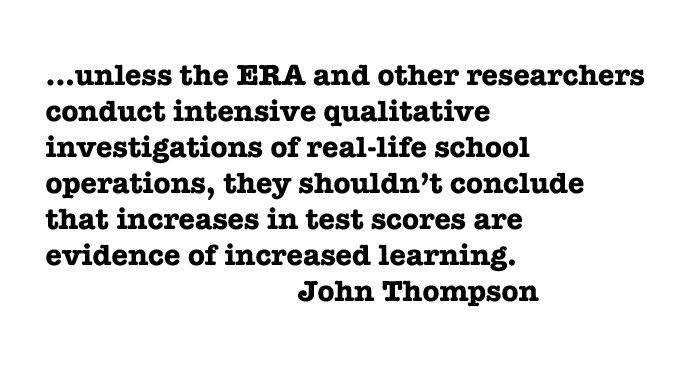State Board Approves California School Dashboard - Year 2017 (CA Dept of Education):
State Board of Education Approves Final Elements of the New Groundbreaking Accountability System, the
California School Dashboard
SACRAMENTO—The State Board of Education (SBE) today took the final steps in approving a landmark Accountability and Improvement System that will provide a wealth of new information to help parents, educators, and the public evaluate schools and districts, identify strengths and weaknesses, and provide targeted assistance.
Today’s actions pave the way for the system, called the California School Dashboard, to be unveiled to the public in late February or March. Next year several changes will be made to strengthen and improve the Dashboard for the 2017-18 school year when it will be fully operational.
“This completes the final pieces of a groundbreaking system to help the public better understand what is going on in our schools,” said California State Board of Education President Mike Kirst. “I look forward to the launch of the California School Dashboard later this year, but this is just the beginning. We plan to make significant improvements in future years.”
Kirst and State Superintendent of Public Instruction Tom Torlakson thanked the California Department of Education (CDE) staff and educators throughout the state for their creativity and hard work in producing the California School Dashboard, which was years in the making.
“This ambitious system was not easy to put together,” Torlakson said. “It never would have happened without a remarkable effort by a supremely talented group of CDE staff members, help from educators throughout the state, and strong leadership from the State Board of Education.”
Torlakson said the California School Dashboard will be far more useful to parents and the public than the previous Academic Performance Index, which relied on test scores to produce one number for each school.
“This is another example of California’s national leadership,” he said. “Our students, our schools, and our districts will benefit by having so much readily available information about the performance of schools and districts in the elements needed to create a successful, positive learning environment.”
The SBE approved performance standards for the Academic Indicator, which includes student results on standardized tests for English Language Arts and mathematics, and tools to assist districts in measuring and publicly reporting their progress on two local indicators, academic standards implementation and parent engagement.
The Academic Indicator will be based on assessments of the California State Standards in English Language Arts and mathematics , which are more rigorous than the former standards and expect students to demonstrate critical thinking, analytical writing, and problem-solving skills needed to be ready for college and the 21st century job market.
For this indicator, schools and districts will be rated on how close their student test scores in English Language Arts and mathematics are to Level 3, which demonstrates that students have the knowledge and skills associated with college content readiness. To determine this, all scores will be averaged and the average will be compared to Level 3. In some cases the average will be below Level 3 and in others it will be above.
As with the other indicators, performance will be based on status, how each school or district fared last year, and change—how much they have improved or declined in the last three years. Schools will be rated based on a combination of these factors and assigned one of five performance levels. From highest to lowest: Blue, Green, Yellow, Orange and Red.
The State Board previously approved performance standards for four state indicators: readiness for college and careers, graduation rates, progress of English learners, and suspension rates. In addition, the Board approved tools for four local indicators: basic conditions at schools, school climate, coordination of services for foster youth, and coordination of services for expelled youth.
# # # #
Tom Torlakson — State Superintendent of Public Instruction
Communications Division, Room 5206, 916-319-0818, Fax 916-319-0100





















 \
\





